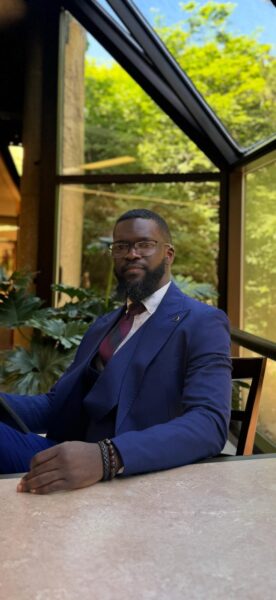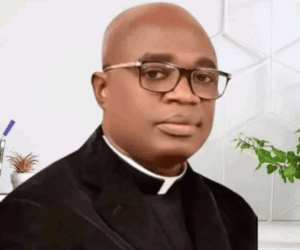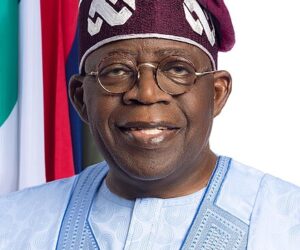In 2025, new research has shed light on the urgent need for Nigeria to bolster its child protection laws in line with international standards. The study, recently completed by a Nigerian legal scholar examines the gaps in current legislation and calls for reforms that align with the UN Convention on the Rights of the Child (CRC), the African Charter on the Rights and Welfare of the Child (ACRWC), and Nigeria’s own Child Rights Act (2003).
The future of Nigeria’s children is being stolen in plain sight. Poverty drives millions into street hawking and domestic servitude, where exploitation is common and abuse is rampant. Behind every statistic lies a child — a girl of six, hawking sachet water on a highway, harassed and violated while her family depends on her meager earnings for survival.
Research shows that nearly 70% of young female hawkers in Nigeria have experienced sexual abuse. This is a crisis of national conscience, not just a social issue. And yet, despite the existence of robust laws; the Child Rights Act (2003), the Violence Against Persons Prohibition (VAPP) Act (2015), and Nigeria’s ratification of key International Labour Organization conventions enforcement is inconsistent and, in many states, absent.
Nigeria’s leaders must face a simple truth: child labour fuels child sexual abuse. Families pushed into desperation send children to hawk, and predators exploit this vulnerability. Poverty and impunity sustain the cycle. Unless we confront both, children will continue to suffer in silence.
We cannot allow weak enforcement and selective domestication of child protection laws to condemn another generation. Only 25 states have fully adopted the Child Rights Act — a disgraceful shortfall two decades after its passage. Meanwhile, prosecutions for child sexual abuse remain rare, and stigma silences victims.
The path forward is clear:
• Universal adoption and funding of the Child Rights Act in all 36 states.
• Conditional cash transfers and school-linked support programs to keep children in classrooms, not on highways.
• Community-based protection systems to report and prevent abuse.
• Fast-track courts to punish offenders and break the culture of impunity.
• Public education campaigns to challenge the normalization of child hawking.
This is not merely a Nigerian issue. With over 15 million child labourers, Nigeria holds one of the world’s largest child-labour populations. Left unchecked, the crisis undermines global anti-trafficking efforts and erodes human rights commitments.
Editorial boards worldwide recognize that leadership requires more than legislation. It requires political will. Nigeria has the tools, treaties, and talent to protect its children. What it lacks is urgency.
Every day of delay is another day a child faces abuse on the streets. Protecting Nigeria’s children is not charity it is justice, law, and duty.
As Nigeria approaches 2030, the stakes are clear: unless reforms are accelerated, millions of children will remain trapped in cycles of exploitation and abuse. The country’s credibility and the future of its children hang in the balance.
The question is no longer whether we know what to do. The question is: Will Nigeria finally act?
Godwin Aluyor is a legal scholar specializing in child abuse







